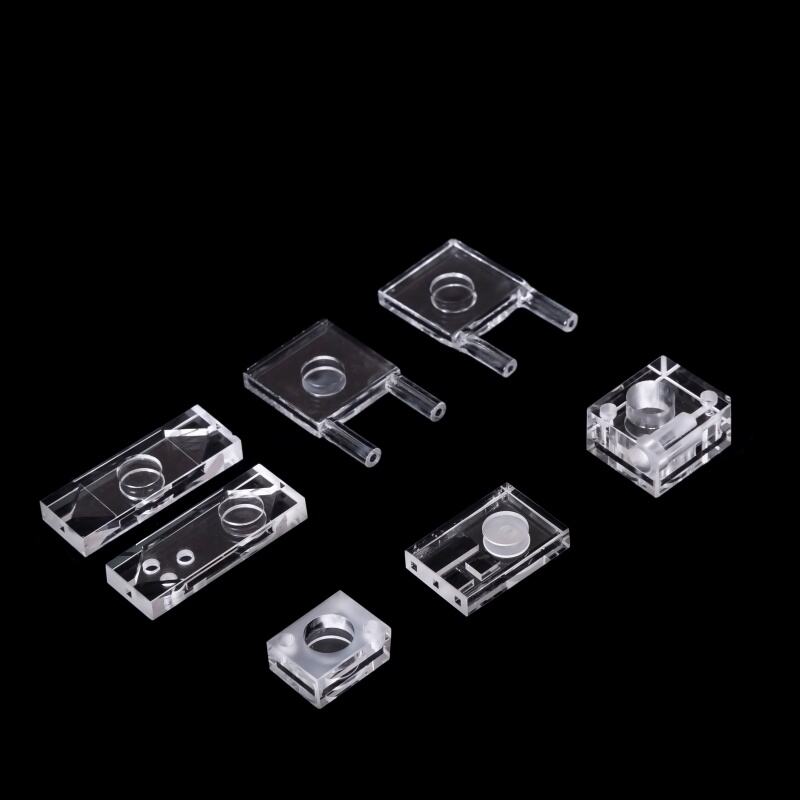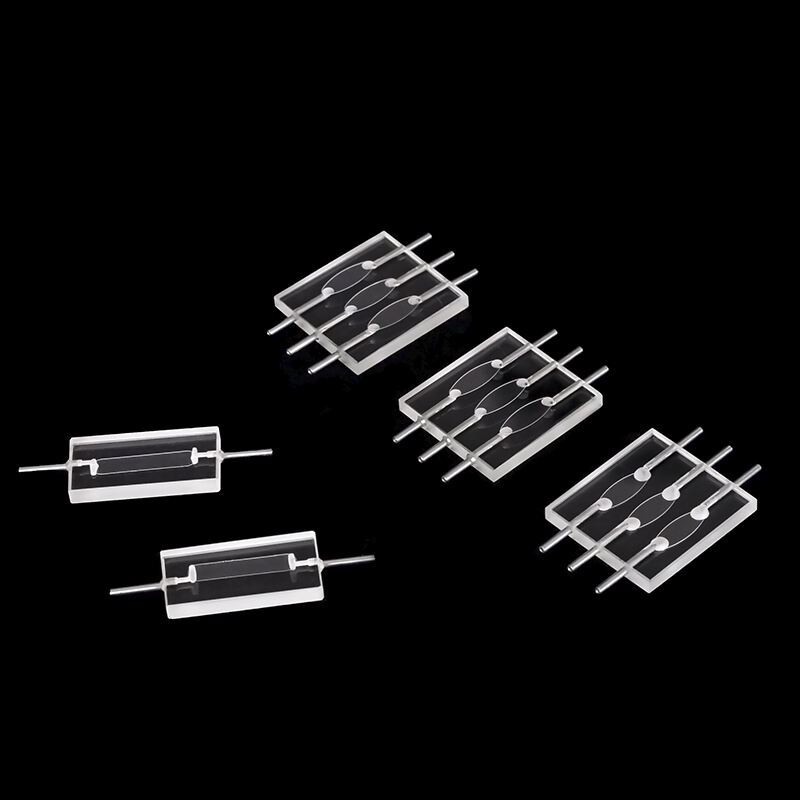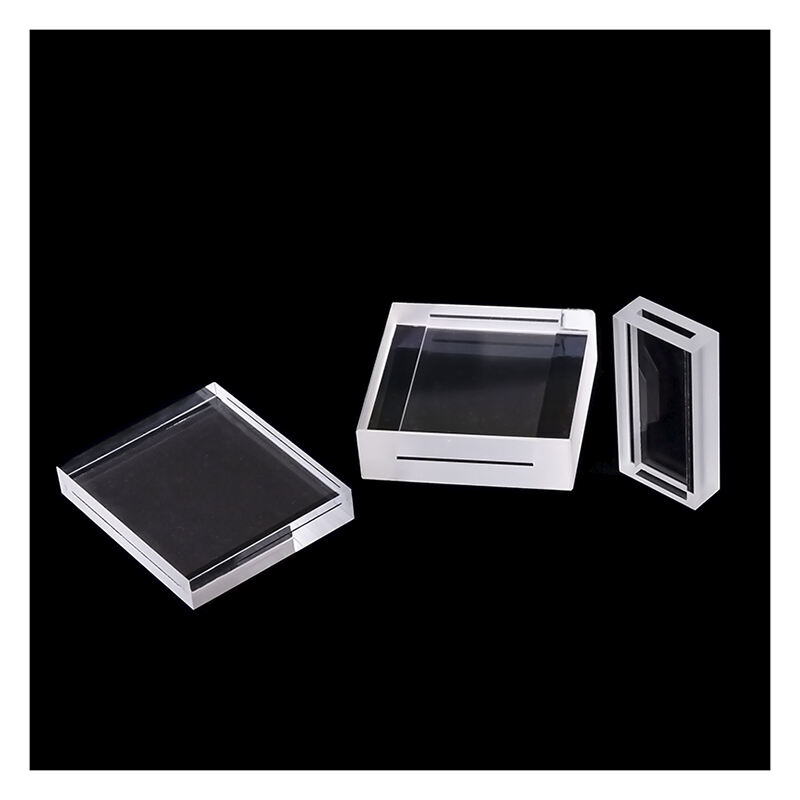Have you ever thought about what our bodies are made of, how our cells work together to keep us healthy? To be honest, it’s quite mind-boggling! Scientists have wondered these things as well, and they have long been scrutinizing cells. Researchers have developed special tools to help them learn more about cells, one of them is called ICCS cytometry. That’s a fancy way of saying a method of peering into cells to look at how they behave.
ICCS cytometry enables scientists to visualize cell function, by providing information on the very small components of cells. It is like a magnifying glass but a super one that examines all the little things we cannot see. Using this potent tool, scientists are able to examine the various proteins and molecules that are present inside cells. Basically, this two-tweet thread is all about the long term nature of life science research and what that means for body systems and for the development of treatments for the various forms of sickness.
ICCS cytometry is highly useful for disease research. Research is what scientists do when they study ways to help people who are sick or to figure out how to prevent sickness. Using ICCS cytometry, researchers can search for particular cells inside a patient’s body and assess whether they are functioning properly. Doctors can use this to understand how sick someone is and what the best treatments are likely to be for that individual.
ICCS cytometry is widely utilized in one of such research area: cancer research. Cancer is a deadly disease when cells in the body grow uncontrollably. It can be very dangerous. With imaging flow cytometry , scientists can peer inside cancer cells to understand what is causing them to multiply out of control. By better understanding these issues, scientists will be able to develop new therapies for patients with cancer to improve their well-being and health.

ICCSi ytometry can additionally support scientists to ever more devise treatments against new diseases. Researchers help discover new disease-fighting mechanisms by studying the proteins and molecules that reside inside cells. So, they know how to identify the discovery of a molecule responsible for the health concern, which then reports to develop a medicine that can prevent it from creating more health issues and assist the patient in recovering.

For example, researchers can analyze T cells, which are specialized immune cells that protect us from illness. They have learned that there are different kinds of T cells that do different jobs, including some that are more effective against one ailment than another. That is valuable information that helps scientists design new treatments that will target specific T cells, allowing them to hone in on the right cells and increase the chances the treatment will work for the patient.

ICCS cytometry is an exciting and revolutionary technique that will change the way we approach and care for diseases. It is assisting scientists and doctors in looking for new treatments for diseases such as cancer and autoimmune diseases. It is also helping us understand our immune system in a way that could yield new treatments for infections. Knowing how that immune system works is crucial; we can use that knowledge to prevent ourselves from getting sick at all.
Jinko Optics is committed to providing customers with high-quality products with high cost performance. By optimizing production processes and management processes and reducing production costs, the company can provide more favorable prices while ensuring the excellent performance of products in quality and function. In addition to the excellent quality of the products themselves, the company also pays special attention to after-sales service, providing timely technical support and professional solutions to ensure that problems encountered by customers during use are quickly resolved. This customer-oriented service concept enables Jinko Optics to stand out in the fiercely competitive market and win the trust and praise of a wide range of customers.
With more than 50 years of R&D and manufacturing experience, Jinko Optics has accumulated rich technical and practical knowledge in the field of spectral accessories. For a long time, focusing on the research and development of core products such as cuvettes, flow cells, optical components, and vapor cells has not only improved the company's technical position in the industry, but also enabled the company to quickly respond to various complex application requirements. The accumulation over the years has helped the company to continue to innovate and always be at the forefront of the industry.
Jinko Optics can provide fully customized solutions for the specific needs of different industries and customers. Whether it is drawings and samples provided by customers or personalized needs for special application scenarios, Jinko Optics can accurately design and produce optical components that meet the requirements. This flexible customization capability is particularly suitable for the precise needs of scientific research institutions, laboratories and specific industries. In addition, the company's rapid response to market changes and customer needs can ensure that customers always get the latest and most suitable technical support and products.
As the drafting unit of the national standard for cuvettes, Jinko Optics has very high standards for product quality. Every cuvette and optical component produced by the company follows the ISO9001:2016 standard, strictly controls every link in the production process, from the selection of raw materials to the factory inspection of finished products, to ensure that every product meets high quality requirements. In addition, it has 6 invention patents and 16 utility model patents, reflecting the company's continued investment in technological innovation and process optimization, so that the products not only have excellent performance, but also have unique market competitiveness.